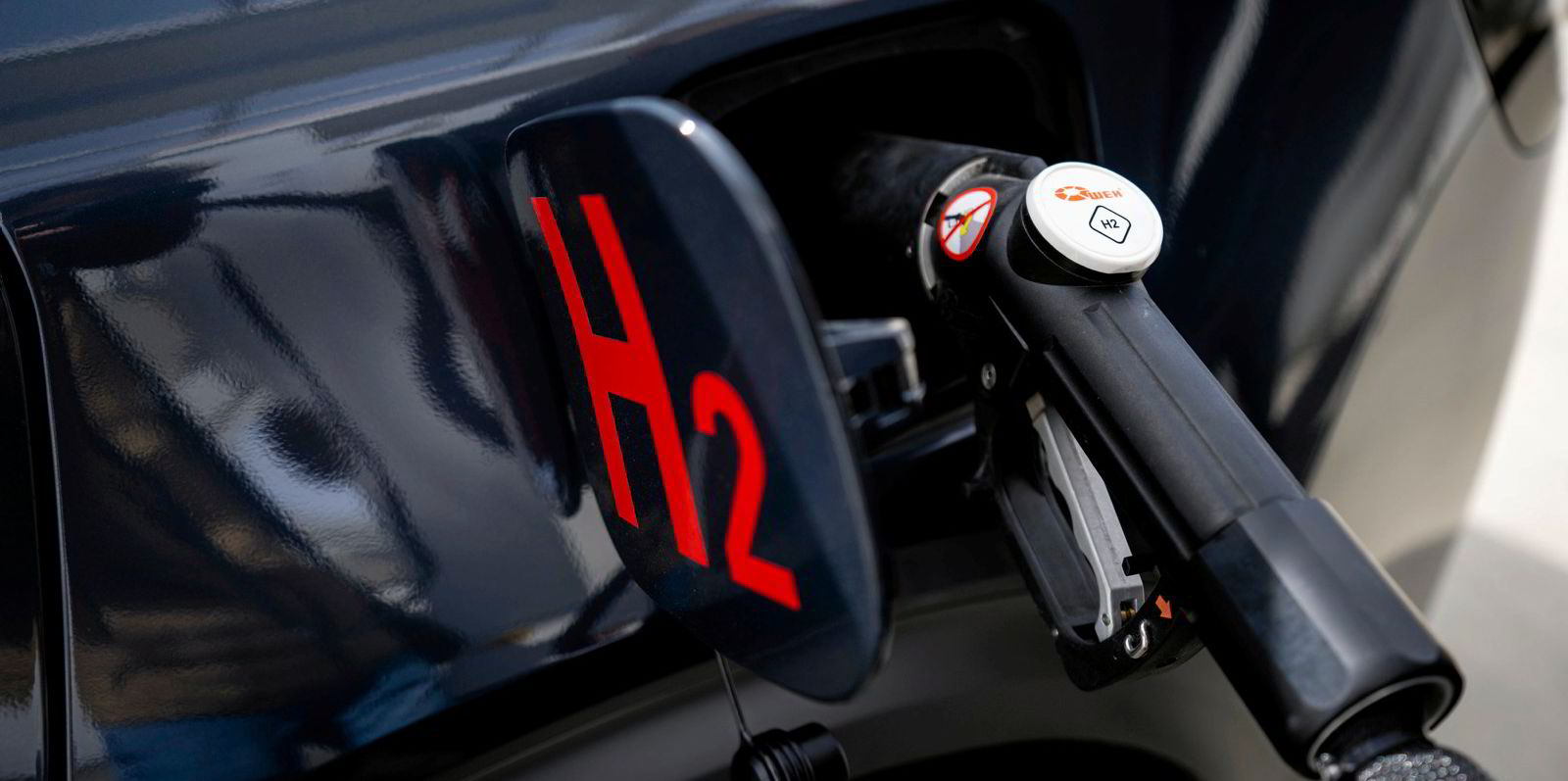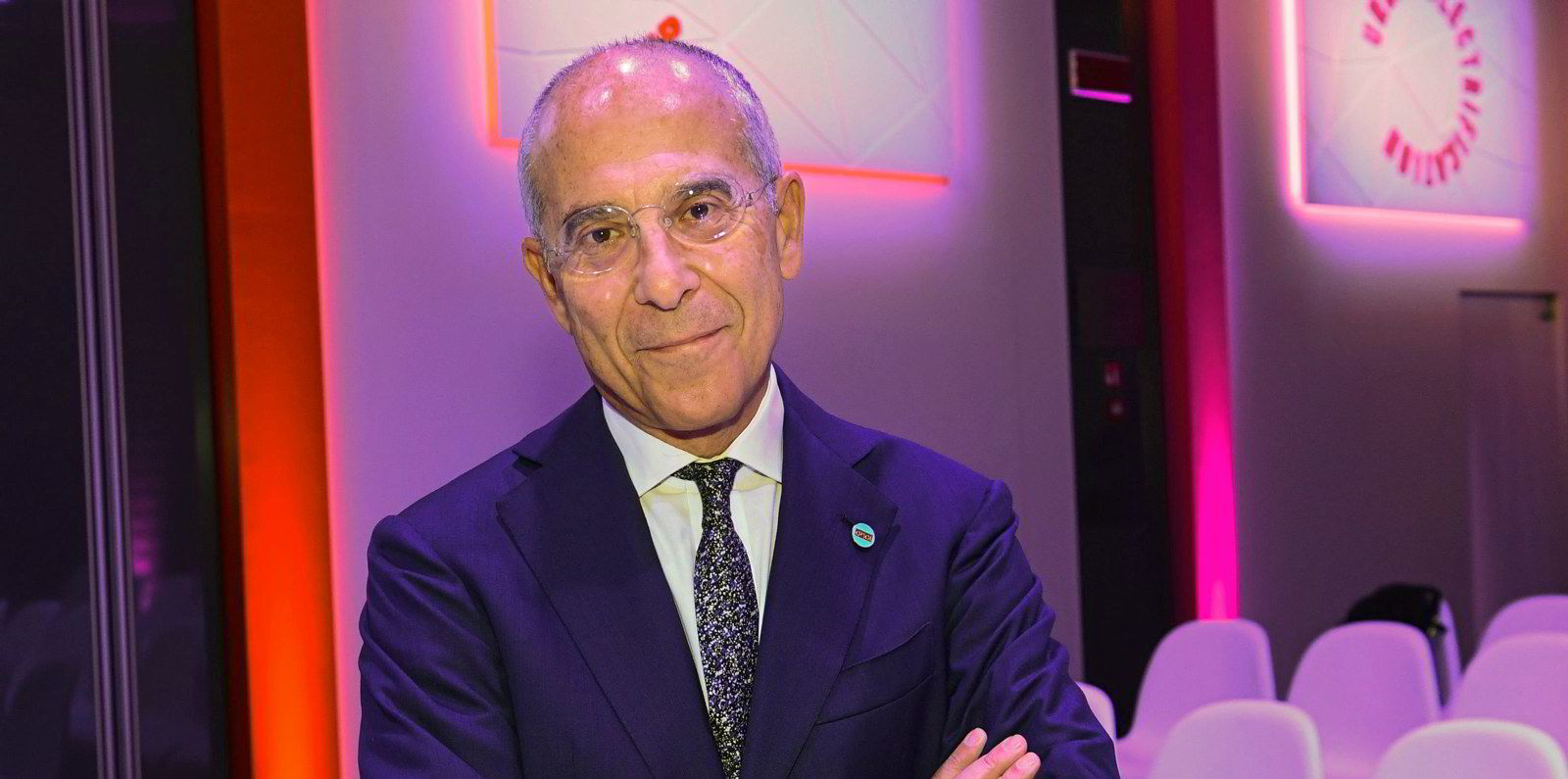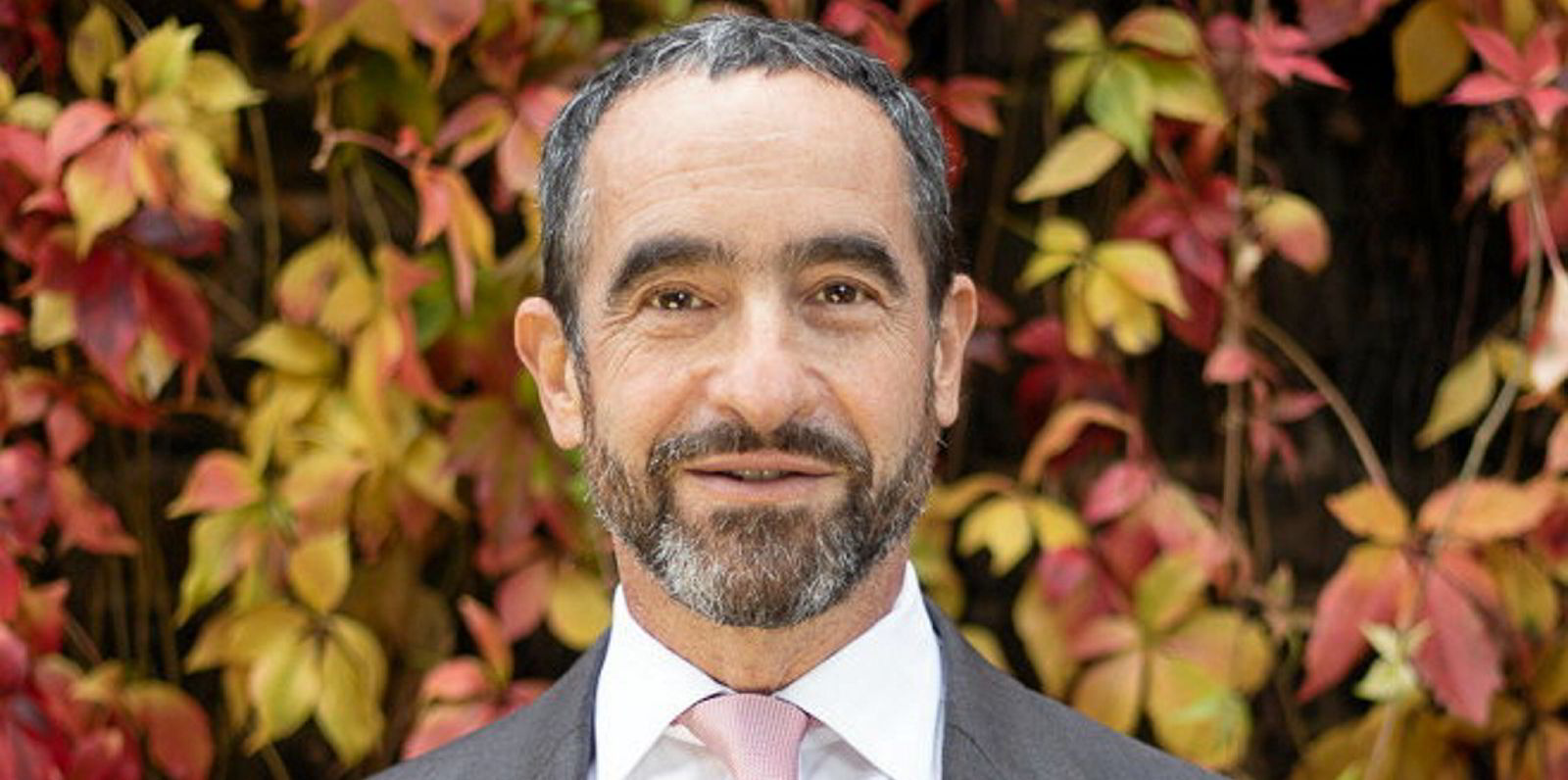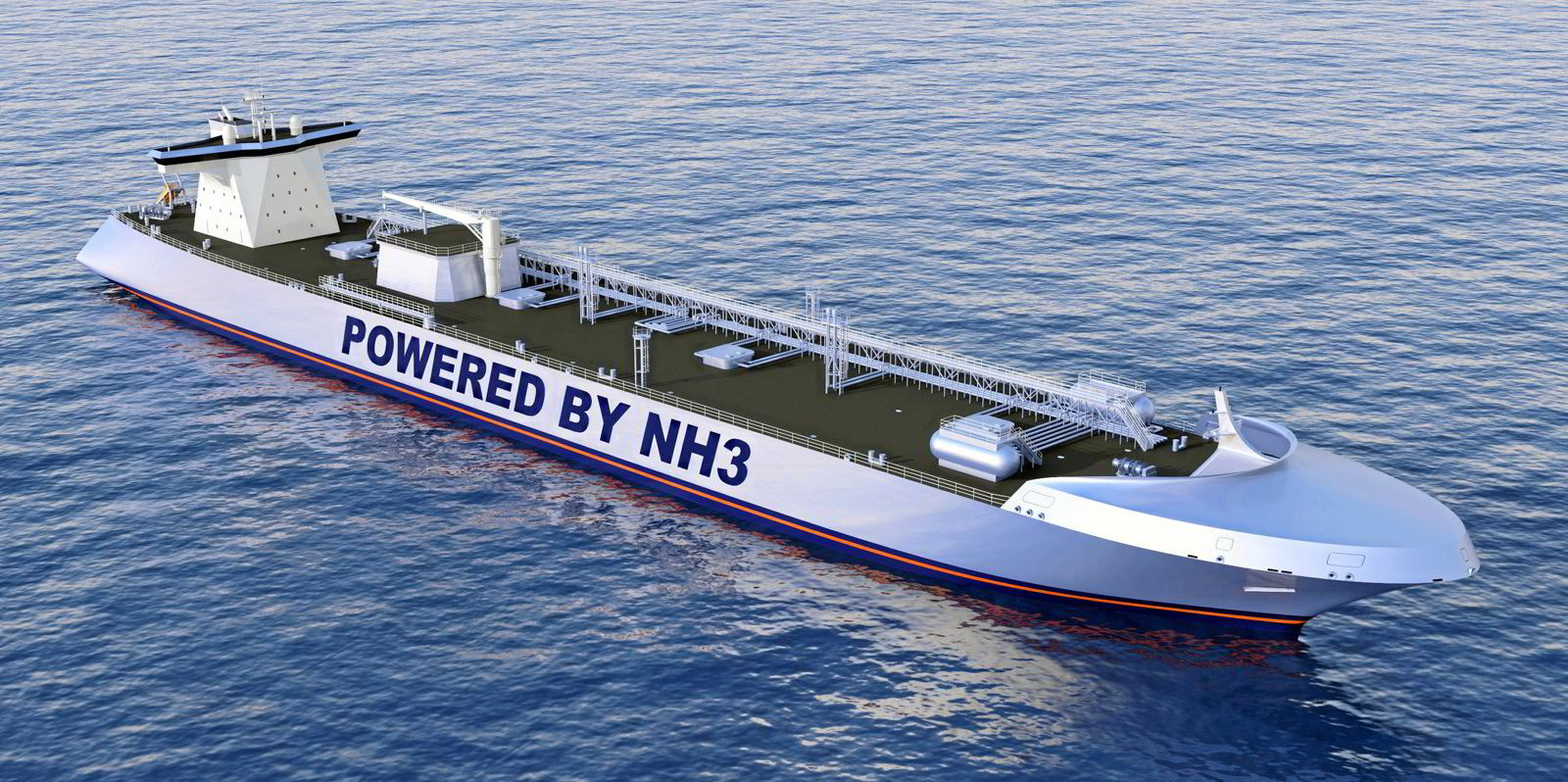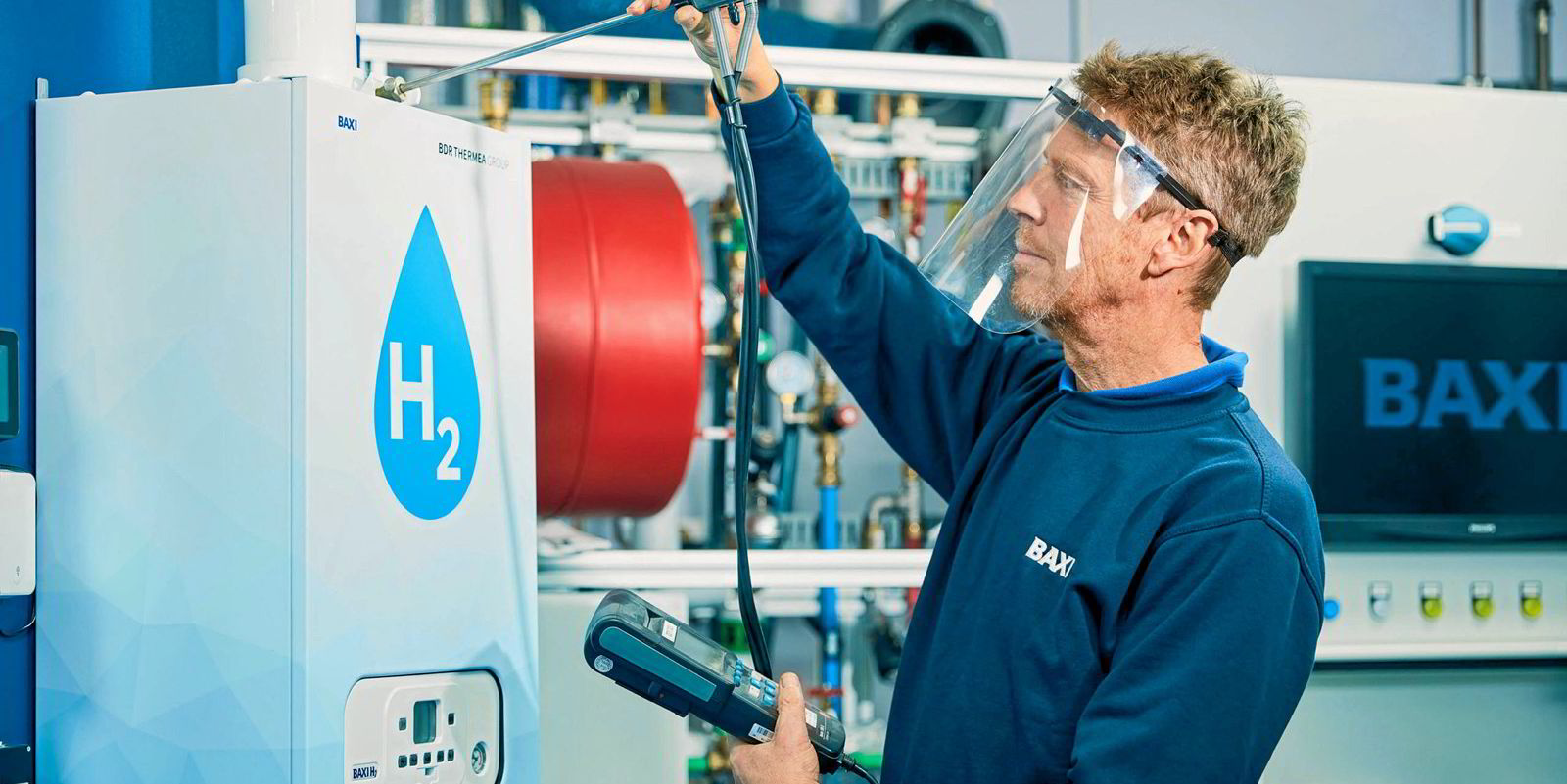Anyone with a background in engineering will know that using hydrogen for heating and transport “is a nonsense” — and those that are pushing for such uses will admit this in a few years’ time, the chief executive of Europe’s largest power company tells Recharge.
Oil & gas advocates have long argued that clean hydrogen — derived from renewable energy or natural gas with carbon capture and storage (CCS) — will be needed to decarbonise domestic heating and transport. But independent studies say that electric options would be more energy-efficient and cost-effective for consumers.

Enel chief executive Francesco Starace tells Recharge that only those with a vested interest in fossil-fuel infrastructure continue to argue in favour of hydrogen for transport and heating.
“I think this green hydrogen theme needs to be addressed in two steps,” he explains. “First, let’s make green hydrogen competitive with the present carbon-intensive [grey] hydrogen. To do that, we need to work on technologies and innovation and industrial transformation of the electrolyser industry, which today is a super niche, luxury place. It has to become a commodity. So that would take probably five years, maybe ten, but let's assume it gets there by 2030.
“Once it gets there by 2030, you have competitive green hydrogen by 2030. What you need to do is take that green hydrogen and substitute the grey hydrogen we have today.
“Because that's the most sensible thing you have to do. Today people are using hydrogen for applications that require the molecule. That's where the value is. So today Europe has a consumption of hydrogen which is roughly around 10 million tonnes a year. The CO2 footprint associated to that is 100 million tonnes of CO2 every year. So just taking off that grey hydrogen and substituting it with green hydrogen, you do a lot.
“So 10 million tonnes of hydrogen; remember 50 kWh per kilo. That's about 500TWh of energy just to displace the existing grey hydrogen. So can we then afford to lose money and time to dream about hydrogen being used to cook meals or drive cars? No, that's stupid. It will not happen.”
He explains that one kilogram of hydrogen — produced from 50kWh — would enable a fuel-cell car to travel 80-90km. “Now I take the 50kWh and I put them in an electric car, that car would drive 250km. It’s even worse with heating.
“So why should I do this stupid thing and put this stuff into hydrogen just because someone wants to use some pipes to move it? Forget it.”
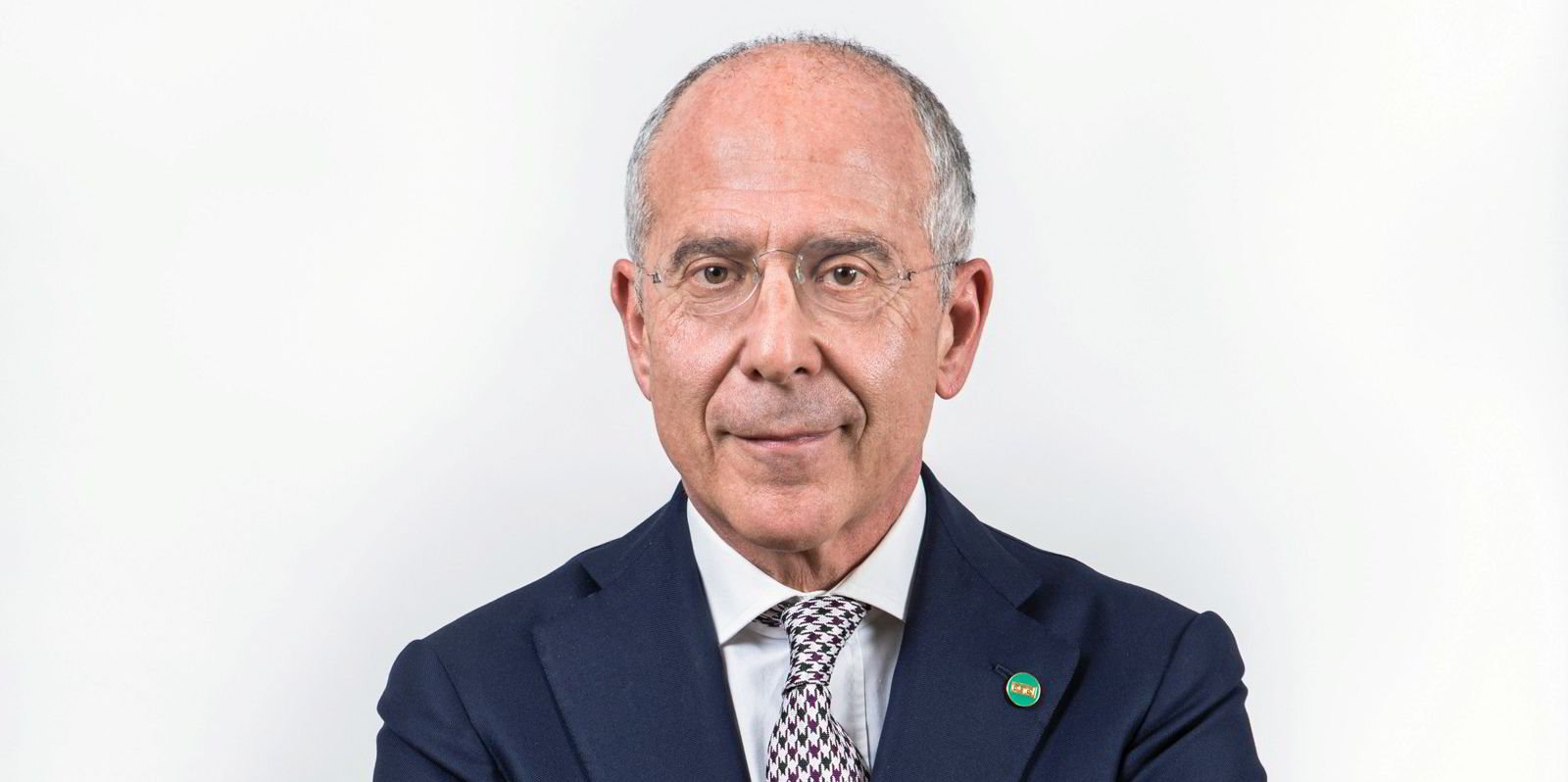
Heating
Earlier this month, Starace and several other leaders of major European utilities signed a letter to the European Commission to argue that electrified heating “is a reliable solution towards a zero-emission Europe”.
A large-scale roll-out of electric heat pumps “will not jeopardise the security of supply of electricity, not now and not in the future. The lights will stay on with 50 million heat pumps”, the letter stated, with signatories including Jean-Bernard Levy (EDF), Miguel Stilwell (EDP), Stefan Håkansson (E.ON) and Ignacio Galán (Iberdrola).
What would Starace say to those who are sceptical about such claims?
“I understand that people are surprised, but the fact is we were also surprised when the first electric cars came about. You know, we said ‘this is a joke’.
“People will constantly be surprised about these kinds of changes, but they will happen anyway.”
He describes heat pumps — which are three to six times more energy-efficient than gas boilers — as “an inevitable technological wave” that will be adopted because they make economic sense and save consumers cash over the long term, even if the initial installation cost is higher.
“As soon as people see they’re in the money, they [will] switch,” Starace says.
Of course, because green hydrogen is produced using electricity, it will always be more efficient to use electrical solutions, given that 20-40% of the energy within that power is lost in the conversion process.
So would blue hydrogen — derived from natural gas with CCS — be a better option?
“Blue hydrogen still doesn't exist, but you know, I'm not against it,” Starace tells Recharge. “I'm just saying that it's not completely carbon free because you cannot capture all of it. Plus, you have to convince people that in their backyard, you want to store thousands of tonnes of CO2, not as easy as it seems.”
Starace says he understands that oil & gas advocates will have the “temptation to say it’s impossible [to power transport and heating with electricity], because it’s against their interest, but it is, unfortunately for them, super possible. It’s going to happen anyway, so [they should] relax about it.
“The transition is inevitable,” he continues. “It’s just a question of whether it will happen in a turbulent manner or an orderly manner. Let’s assume it happens in a turbulent manner. Those that will not be prepared will lose a lot during the turbulence.
“Let’s assume it happens in an orderly manner. Those that move first will gain more. So in both cases, you better start now to prepare for it, because it’s going to happen anyway.”
The Italian says that in a few years’ time, oil & gas advocates who are “completely alien to this kind of logic… [will say] the same things”.
“It’s obvious to anyone who has a little bit of engineering background that [using hydrogen for heating and transport] is a nonsense. Typically, nonsensical things do not happen on a large scale.”
Note: This article was amended on 20 July to reflect that Europe currently consumes about 10 million tonnes of hydrogen per year, not 20 million as was originally stated.
